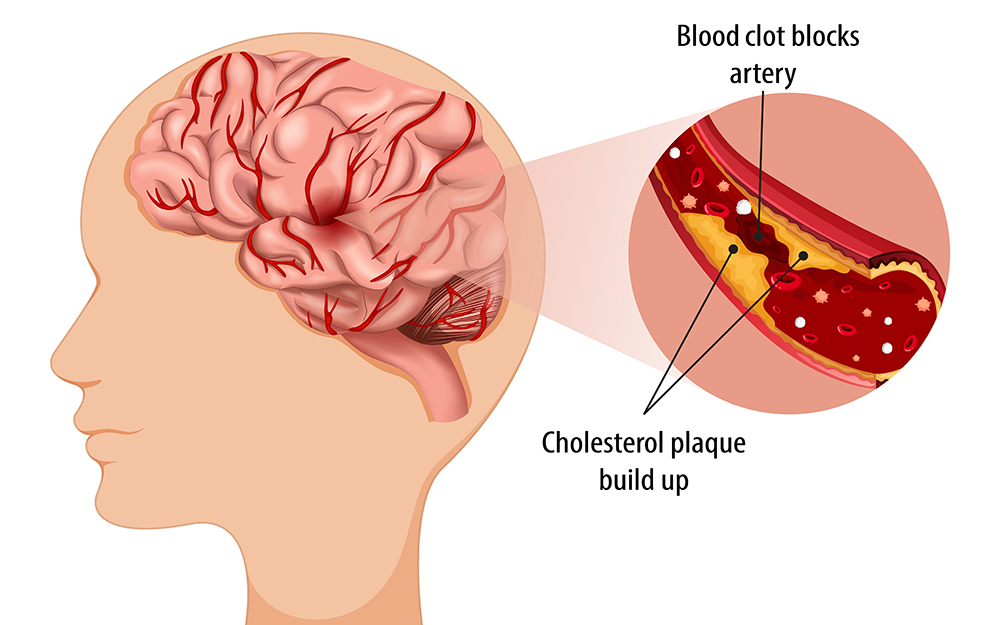Thinking Ahead: New Screening for Cognitive Impairment
Date
January 19, 2022

Date
January 19, 2022
Credits
Medical providers featured in this article

In Brief
{{cta-block}}
Sooner or later, most of us will spend at least a bit of time as a hospital inpatient, whether it's for a routine procedure or more complex care. At Cedars-Sinai, from the moment you're admitted to the day you're cleared to go home, staff follow a series of steps that prioritize safety, comfort and excellent outcomes. This year, the medical center is introducing a new initiative for some older patients, led by Zaldy Tan, MD, MPH, director of the Memory and Aging Program at Cedars-Sinai and a leading memory and geriatric medicine specialist.
"Our cognitive evaluation clinic comprises a range of experts from neurology, pharmacy, psychology, geriatrics, social work and many other fields."
What's changing?
"During the intake process, patients are routinely screened for various underlying conditions," says Dr. Tan. "Our plan is to add screening for cognitive impairment, which can have such a profound effect on the care they receive and can really affect the experience of their stay." The issue is more important than ever as the population ages and cognitive challenges become more widespread. Alzheimer’s disease, the most common cause of dementia, is expected to triple in the next 40 years.
{{providers}}
Why does it matter?
Most hospital admissions begin in the emergency department, and a patient with dementia may not be able to communicate their condition to the care team. "They and their families may not even know they have dementia, because it's an extremely under-diagnosed condition," explains Dr. Tan. "At Cedars-Sinai, we have multidisciplinary care teams to ensure patients get personalized, comprehensive care, and everyone on that hospital team should know if the patient has cognitive impairment," he adds. Dementia is associated not only with memory problems but also with falls, delirium and confusion. Knowing that someone is at risk can make all the difference during each of the three phases of inpatient care: the intake, the stay itself and the discharge. It can help determine who should be on the patient’s care team and what they should focus on. This person-centered care may also lead to special adjustments and accommodations, and allow doctors and others to anticipate and prevent issues at the time of discharge, like medication management and instructions for aftercare.
What happens next?
"If we do find that someone has dementia, we can refer them to a specialist who can follow up after the patient is out of the hospital," says Dr. Tan. His goal is not to provide a formal diagnosis of a condition like Alzheimer's while the patient is hospitalized, but to identify any cognitive issues that could inform care during the patient's stay, and to help them get any necessary follow-up consultations to figure out what's going on.
The new protocol, which will launch in June, initially will only apply to a few of the medical center's units. "This is what we call a test of change," Dr. Tan explains. "We introduce the new measure in a couple of key places, see how it works and what adjustments we can make to ensure it's the best it can be." While the screening will be reserved for high-risk patients, the exact criteria have yet to be determined by Dr. Tan and his colleagues at Cedars-Sinai's Jona Goldrich Center for Alzheimer’s and Memory Disorders, where he also serves as medical director. "Age would be an important determinant, and at this stage we're not looking at all conditions that cause cognitive impairment, such as Down's syndrome or Autism Spectrum Disorder, which tend to affect younger patients. We're particularly looking at dementia, which means cognitive impairment accompanied by functional impairment that is not explained by any other cause."
What can patients expect?
Screening would not only include a careful review of the patient’s medical record, including looking for any medications that suggest the presence of dementia, but asking the right questions and carefully monitoring responses and behavior, says Dr. Tan. That requires training doctors, nurses, emergency department staff and other personnel. Once the information is added to the patient's chart and electronic health record, it can guide care for everyone who encounters the patient. "We are always looking for ways to optimize our inpatient care, and I think this is an important step that will make a positive difference,” Dr. Tan says. To launch the plan, his team also is working with information technology and other administrative services to develop best practice care paths.
Where can they go?
If patients are advised to seek cognition specialists after discharge, the Goldrich Center, Cedars-Sinai's dedicated memory program, is an outstanding option. "It reflects the medical center's focus on multidisciplinary care," Dr. Tan explains. "Our cognitive evaluation clinic comprises a range of experts from neurology, pharmacy, psychology, geriatrics, social work and many other fields." Not every patient needs every specialist, so each patient receives a personalized care team and plan.
"I'm excited about taking this vital step to optimize the experience of hospitalized older patients who may also be suffering from dementia," says Dr. Tan. "Cedars-Sinai has a long history of innovation, and we're proud to pioneer this increasingly important aspect of patient care."





